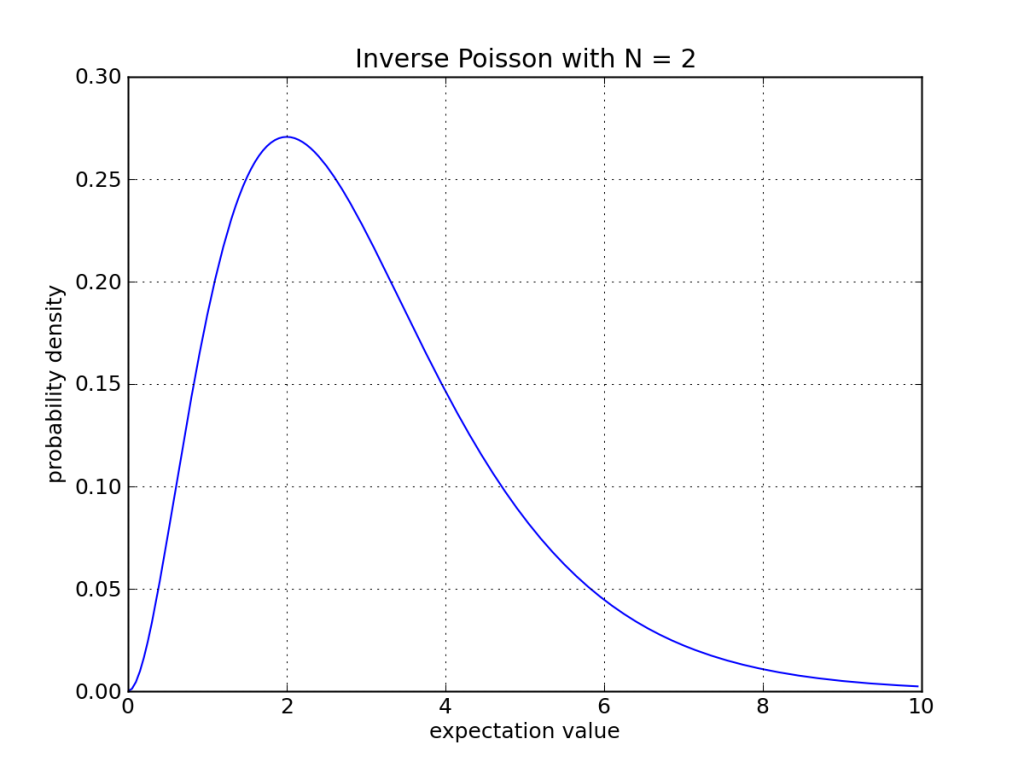by Mawer Investment Management, via The Art of Boring Blog
Imagine you spent 4% of your life waiting in line. Given that there are 8,765 hours in a year, this would imply that you spent 350 hours each year staring at the backs of people’s heads. Over an average adult lifetime, you could spend upwards of 22,000 hours stewing impatiently. For some, including yours truly, this sounds like a particularly severe kind of torture.
This thought experiment came to mind after our CIO, Jim Hall, shared a statistic from his recent research trip: 4% of Italian GDP is spent dealing with public administration for paperwork and taxes. 4% of a trillion euro economy. And a significant percentage of this sum is spent in line at the post office. As Bank of America Economist, Raffaella Tenconi explains, Italians spend a remarkable amount of time simply queuing to speak with a public administration official. This is because Italy's public administration is slow and outdated—for example, paper is predominantly used over computers.
Italy is a good reminder of the impact red tape can have on society and the economy. Although northern Italy follows in the footsteps of its efficient Swiss and German neighbours, much of the country remains mired in inefficient processes and outdated IT infrastructure. Italian businesses jump over remarkable hurdles to get things done, whether to complete their taxes, ship goods internationally or meet regulatory requirements. Procedures that are simple in a country like Norway devolve into a nightmare of complexity and paperwork at the Poste Italiene. Not only do Italians take the longest in the EU to pay their bills (200 days for the government, half of that for the business sector), they take an unbelievable amount of time to settle civil cases. According to Tenconi, the average length of a civil trial for all judgments is 2,866 days—double the next weakest country in the EU, Slovenia, with an average of 1,353 days.
But if Italy is a cautionary tale of red tape, it is also one of untapped potential. Two major positive factors it has going for it are wealthy households and luxury goods. Consider Italy's financial position. While the country has been scrutinized for its excessive government spending and high unemployment rates, there is little discussion on the impressive cash hoarding within Italian households. Italian households own €3.7 trillion in financial assets, including €1.1 trillion in cash or deposits. This cash represents 68% of GDP. In addition, the majority of Italy's sizeable bond market is also held domestically. Considered together, these two facts imply that the country's financial position is in better shape than it was perceived to be after the PIIGS discussion two years ago.
And then there are Italian businesses. Many manufacturers of luxury products, like the shoemaker, Tods, have a home in Italy. Italian industry also appears to have some competitive advantages in the production of specialized machinery, ceramics and leather. Of course, these industries would be better served if they operated in a more effective political and regulatory environment. The challenge is achieving the reform necessary to make improvements. Straightforward is often not easy. Nevertheless, the recent election of Prime Minister Renzi seems to suggest that Italians have an appetite for change. And it isn't just the Italians. Reformists have recently been elected in India and Indonesia under the mandate to cut red tape, reduce bureaucracy and fight corruption. A similar theme can be seen in the Middle East. Impatience with red tape is a growing global theme.
The latter point is especially noteworthy for investors. While we invest in companies, not countries, a country's business and political climate has a direct impact on the number of quality investments we may find. If a country such as Italy can reduce its red tape and improve efficiencies, it unlocks value for both investors and citizens alike.
This post was originally published at Mawer Investment Management















